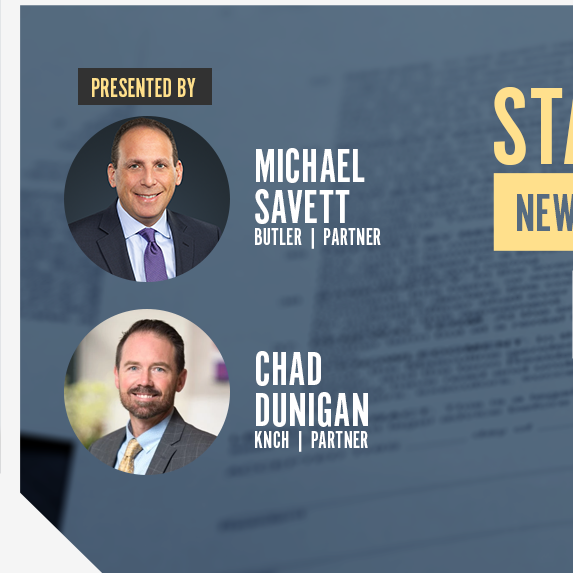
Keep The Faith: Whether The Attorney-Client Privilege Applies In Third-Party Bad Faith Actions
September 28, 2015
One of the most rapidly developing issues in Florida and in courts around the country is whether the attorney-client privilege can be relied on by an insurer in a third-party bad faith action. The attorney-client privilege is one of the oldest confidential communication privileges in Florida. In common law, it is known as, ‘‘the most sacred of all legally recognized privileges, and its preservation is essential to the just and orderly operation of our system.’’1 The purpose of the attorney-client privilege is ‘‘to encourage full and frank communication between attorneys and their clients and thereby promote broader public interests in the observance of law and the administration of justice.’’2 Despite the sacredness of this privilege, there is an emerging line of cases holding that the attorney-client privilege should not apply to third-party bad faith claims. This article will analyze some of the leading cases in this area of the law and discuss why the principle behind the attorney-client privilege outweighs the arguments in favor of waiving the privilege in third-party bad faith cases.
If you would like to read the entire article it can be found to the right under the KEY POINTS section.



